Paul McCartney & Wings - Wild Life (Special Edition) (1971/2018) [Hi-Res]
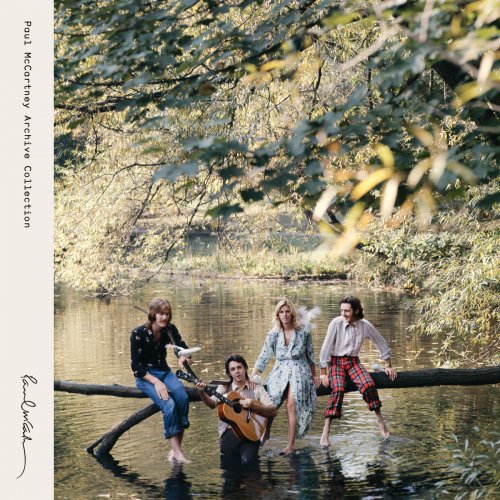
Artist: Paul McCartney & Wings
Title: Wild Life (Special Edition)
Year Of Release: 2018
Label: Paul McCartney Catalog
Genre: Rock
Quality: Mp3 320 kbps / FLAC (tracks) / 24bit-96kHz FLAC (tracks)
Total Time: 01:21:00
Total Size: 201 / 441 MB / 1.50 GB
WebSite: Album Preview
Tracklist:Title: Wild Life (Special Edition)
Year Of Release: 2018
Label: Paul McCartney Catalog
Genre: Rock
Quality: Mp3 320 kbps / FLAC (tracks) / 24bit-96kHz FLAC (tracks)
Total Time: 01:21:00
Total Size: 201 / 441 MB / 1.50 GB
WebSite: Album Preview
1. Mumbo (2018 Remaster) 03:58
2. Bip Bop (2018 Remaster) 04:10
3. Love Is Strange (2018 Remaster) 04:51
4. Wild Life (2018 Remaster) 06:41
5. Some People Never Know (2018 Remaster) 06:37
6. I Am Your Singer (2018 Remaster) 02:19
7. Bip Bop Link (2018 Remaster) 00:52
8. Tomorrow (2018 Remaster) 03:27
9. Dear Friend (2018 Remaster) 05:59
10. Mumbo Link (2018 Remaster) 00:46
11. Good Rockin’ Tonight (Home Recording) 00:58
12. Bip Bop (Home Recording) 03:17
13. Hey Diddle (Home Recording) 02:32
14. She Got It Good (Home Recording) 00:44
15. I Am Your Singer (Home Recording) 02:54
16. Outtake I 00:31
17. Dear Friend (Home Recording I) 04:51
18. Dear Friend (Home Recording II) 02:04
19. Outtake II 00:15
20. Indeed I Do 01:16
21. When The Wind Is Blowing 03:53
22. The Great Cock And Seagull Race (Mono/Rough Mix) 04:04
23. Outtake III 00:12
24. Give Ireland Back To The Irish 03:46
25. Give Ireland Back To The Irish (Alternate Version) 03:48
26. Love Is Strange (Single Edit) 04:16
27. African Yeah Yeah 02:44
Wild Life was the first Wings album but third overall by McCartney outside the shadow of his famous band. Paul and his wife Linda teamed up with drummer Denny Seiwell and guitarist/multi-instrumentalist Denny Laine to create a relaxed, pastoral album that was intentionally as light as a feather. Recording occurred over a little more than a week at Abbey Road (with Alan Parsons engineering alongside Tony Clark), and a number of songs were recorded in just one take. “Dear Friend” – a response to John Lennon’s scathing “How Do You Sleep” which was, in turn, a response to Paul’s “Too Many People” – was a holdover from the Ram sessions. Recording took place from July 25-August 2, 1971, and on that latter date, McCartney announced the birth of Wings to the world. Wild Life arrived on December 7, making No. 10 on the U.S. Billboard 200 and No. 11 on the U.K. Albums Chart but was generally considered a commercial disappointment; it yielded no hit singles. Wild Life was eventually certified Gold in the United States, and has since become a cult favorite for its loose, freewheeling sensibility and homespun sound.
"Rich, successful, happily married and absurdly talented, Paul McCartney had nothing to do, so he recorded Wild Life. That would explain the frippery for which this curious record has long been ridiculed, but it's a perspective that does Wild Life--recorded in a couple of days-a disservice. Really, it sounds shattered, in every sense, the work of a still-young man still reeling from the Sixties, unsure what to do with himself, in a still-young decade that had the same problem. Once past the thumbs-up inanity of "Bip Bop", much of it is great. The title track is an ominous, slow motion blues, showcasing a vicious, throat-shredding McCartney vocal and a genuine sense of doom. Best is "Dear Friend", a red-raw ballad that throws long shadows over the rest of the album, McCartney singing of his crushed friendship with John Lennon and the termination of whatever the Sixties meant to the men who made them." (Taylor Parkes)
"The irony of the first Wings album is that it seems more domesticated than Ram, feeling more like a Paul 'n' Linda effort than that record. Perhaps it's because this album is filled with music that's defiantly lightweight -- not just the cloying cover of "Love Is Strange" but two versions apiece of songs called "Mumbo" and "Bip Bop." If this is a great musician bringing his band up to speed, so be it, but it never seems that way -- it feels like one step removed from coasting, which is wanking. It's easy to get irritated by the upfront cutesiness, since it's married to music that's featherweight at best. Then again, that's what makes this record bizarrely fascinating -- it's hard to imagine a record with less substance, especially from an artist who's not just among the most influential of the 20th century, but from one known for precise song and studiocraft. Here, he's thrown it all to the wind, trying to make a record that sounds as pastoral and relaxed as the album's cover photo. He makes something that sounds easy -- easy enough that you and a couple of neighbors who you don't know very well could knock it out in your garage on a lazy Saturday afternoon -- and that's what's frustrating and amazing about it. Yeah, it's possible to call this a terrible record, but it's so strange in its domestic bent and feigned ordinariness that it winds up being a pop album like no other." (Stephen Thomas Erlewine, AMG)
Paul himself oversees all aspects of each and every title in the Paul McCartney Archive Collection from remastering to the curation of lost tracks, outtakes, artwork, photographs and video from his personal vaults, and much more. The result is one of the most ambitious and personal undertakings of its kind, one that encompasses more than 40 years of cherished, classic material from the most successful songwriter and recording artist in music history.
Paul McCartney, lead vocals, bass guitar, guitar, piano, keyboards, percussion
Linda McCartney, co-lead vocals (3, 5, 6), keyboards, piano, percussion, backing vocals
Denny Laine, guitars, bass guitar, percussion, keyboards, backing vocals
Denny Seiwell, drums, percussion
Recorded from 25 July to 2 August 1971 at Abbey Road Studios, London
Produced by Paul McCartney, Linda McCartney
Digitally remastered
"Rich, successful, happily married and absurdly talented, Paul McCartney had nothing to do, so he recorded Wild Life. That would explain the frippery for which this curious record has long been ridiculed, but it's a perspective that does Wild Life--recorded in a couple of days-a disservice. Really, it sounds shattered, in every sense, the work of a still-young man still reeling from the Sixties, unsure what to do with himself, in a still-young decade that had the same problem. Once past the thumbs-up inanity of "Bip Bop", much of it is great. The title track is an ominous, slow motion blues, showcasing a vicious, throat-shredding McCartney vocal and a genuine sense of doom. Best is "Dear Friend", a red-raw ballad that throws long shadows over the rest of the album, McCartney singing of his crushed friendship with John Lennon and the termination of whatever the Sixties meant to the men who made them." (Taylor Parkes)
"The irony of the first Wings album is that it seems more domesticated than Ram, feeling more like a Paul 'n' Linda effort than that record. Perhaps it's because this album is filled with music that's defiantly lightweight -- not just the cloying cover of "Love Is Strange" but two versions apiece of songs called "Mumbo" and "Bip Bop." If this is a great musician bringing his band up to speed, so be it, but it never seems that way -- it feels like one step removed from coasting, which is wanking. It's easy to get irritated by the upfront cutesiness, since it's married to music that's featherweight at best. Then again, that's what makes this record bizarrely fascinating -- it's hard to imagine a record with less substance, especially from an artist who's not just among the most influential of the 20th century, but from one known for precise song and studiocraft. Here, he's thrown it all to the wind, trying to make a record that sounds as pastoral and relaxed as the album's cover photo. He makes something that sounds easy -- easy enough that you and a couple of neighbors who you don't know very well could knock it out in your garage on a lazy Saturday afternoon -- and that's what's frustrating and amazing about it. Yeah, it's possible to call this a terrible record, but it's so strange in its domestic bent and feigned ordinariness that it winds up being a pop album like no other." (Stephen Thomas Erlewine, AMG)
Paul himself oversees all aspects of each and every title in the Paul McCartney Archive Collection from remastering to the curation of lost tracks, outtakes, artwork, photographs and video from his personal vaults, and much more. The result is one of the most ambitious and personal undertakings of its kind, one that encompasses more than 40 years of cherished, classic material from the most successful songwriter and recording artist in music history.
Paul McCartney, lead vocals, bass guitar, guitar, piano, keyboards, percussion
Linda McCartney, co-lead vocals (3, 5, 6), keyboards, piano, percussion, backing vocals
Denny Laine, guitars, bass guitar, percussion, keyboards, backing vocals
Denny Seiwell, drums, percussion
Recorded from 25 July to 2 August 1971 at Abbey Road Studios, London
Produced by Paul McCartney, Linda McCartney
Digitally remastered
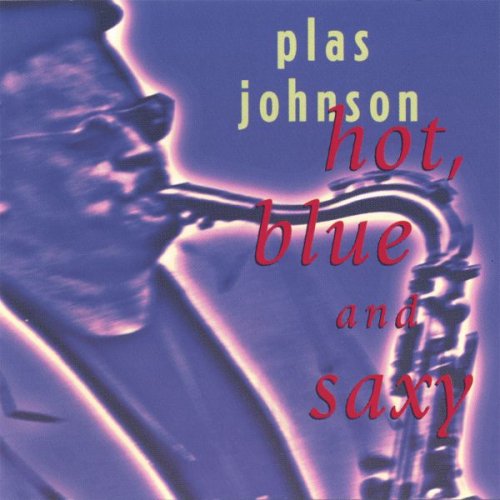
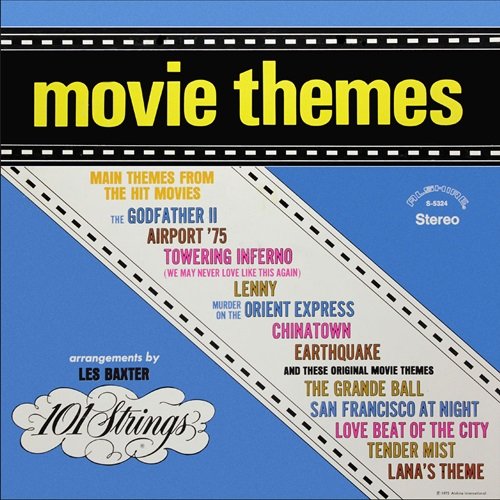
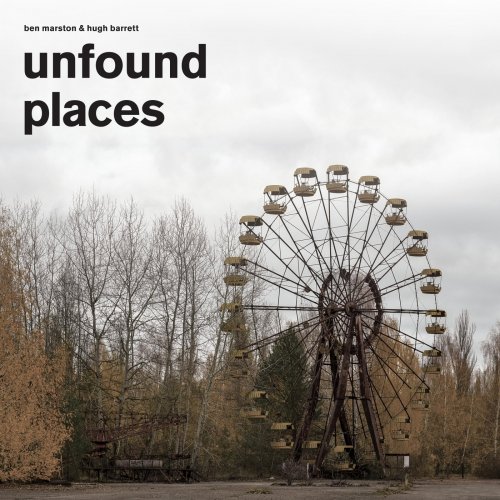
![Celso Fonseca, TONY CANTO - Jobim e Modugno (2026) [Hi-Res] Celso Fonseca, TONY CANTO - Jobim e Modugno (2026) [Hi-Res]](https://img.israbox.com/img/2026-01/22/vnkjvc7uq6wqf5zqho7khnd1p.jpg)
![Tremendous Aron - no te preocupes (2026) [Hi-Res] Tremendous Aron - no te preocupes (2026) [Hi-Res]](https://img.israbox.com/img/2026-01/24/4xm3xc01i04pwbapdvep6dyct.jpg)
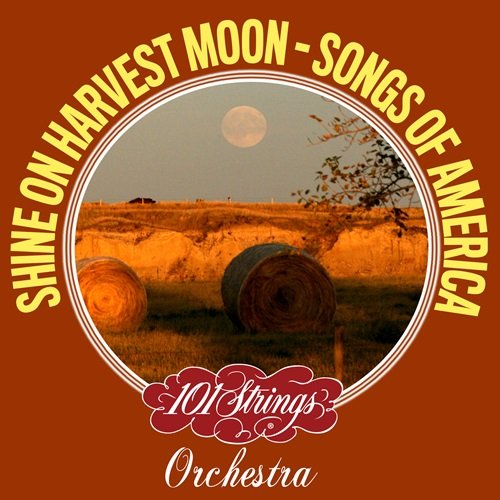
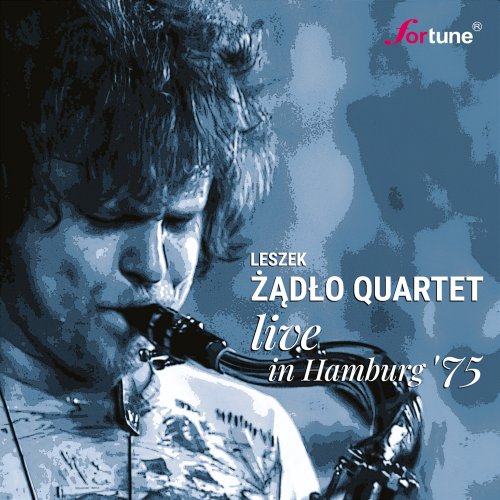
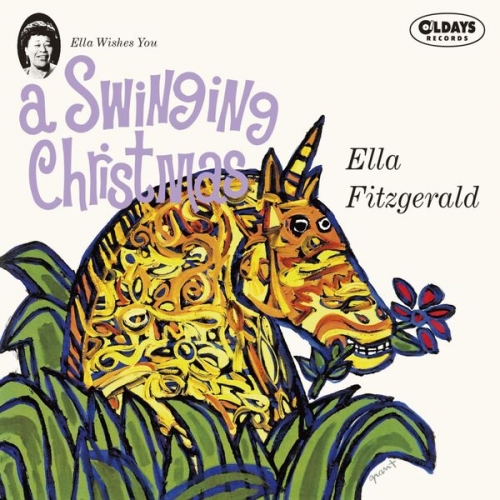
![The Mood Mosaic - The Filthy Groove Score (TV Themes Done Gritty) (2026) [Hi-Res] The Mood Mosaic - The Filthy Groove Score (TV Themes Done Gritty) (2026) [Hi-Res]](https://www.dibpic.com/uploads/posts/2026-01/1769144341_ntyxys3uknii0_600.jpg)